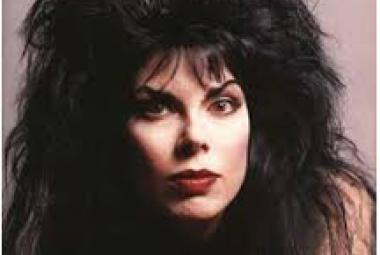GET BACK
Let It Be is the twelfth and final studio album by the English rock band the Beatles. The album was conceived as Get Back, a return to the Beatles’ earlier, less complicated approach to music. It was recorded and projected for release before their album Abbey Road (1969); for this reason, some critics and fans, such as Mark Lewisohn, argue that Abbey Road should be considered the group’s final album and Let It Be the penultimate. A project initiated by Paul McCartney, the filmed rehearsals were marked by ill-feeling, leading to George Harrison’s temporary departure from the group. As a condition of his return, the Beatles reconvened at their own Apple Studio, where they completed the recordings with the help of guest musician Billy Preston.
My bootleg album by the Beatles, Kum Back turned out to be a remarkable piece of vinyl: an early mix of their final album, Let it Be as recorded on acetate in August 1969 that was put together by Glyn Johns and with apparently minimal involvement by George Martin, who had produced virtually all of the other Beatles records. (An acetate disk is a low-quality type of phonograph record that is normally intended only for temporary use; it wears out quickly if played repeatedly). The title Kum Back I figure is sort of a takeoff on two 1969 Beatles singles, “Come Together” and “Get Back”; also, Get Back was the original working title for the Let it Be project, meant to be “a return to the Beatles’ earlier, less complicated approach to music” (as expressed in Wikipedia). As an illustration of this, the photograph for the planned cover for Get Back was taken in the same location as the one on the Beatles’ first British album, Please Please Me, and the cover had a similar design.
Kum Back was essentially recorded live, though evidently in a studio setting; and Get Back was planned for release in this same manner, as a back-to-roots move. As it turned out, the album Let it Be as it was ultimately released on May 8, 1970 (more than a year after most if not all of the actual recordings by members of the Beatles had been made) was greatly different from this earlier intention as Get Back, with superstar producer Phil Spector remixing all of the songs – adding orchestra and choir sections to some songs; and editing, splicing and overdubs on others. By the time Let it Be was released, the Beatles had already officially broken up.
(September 2017)














